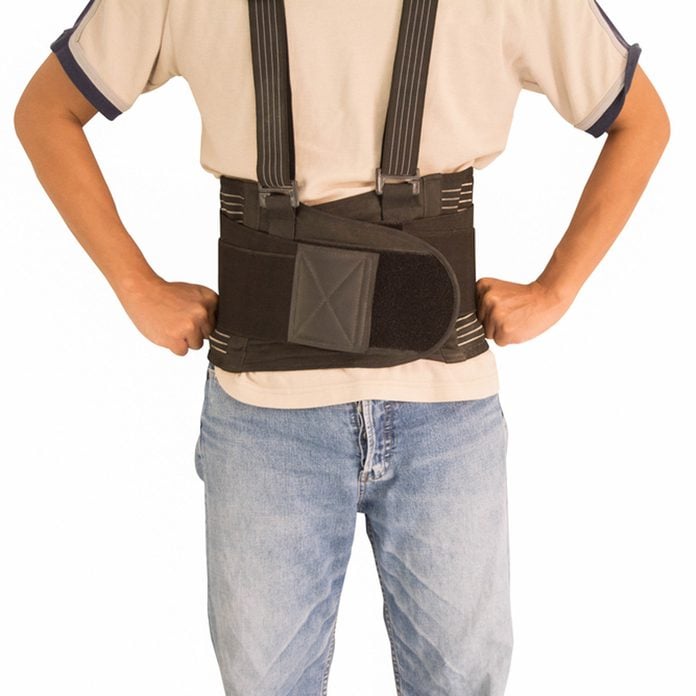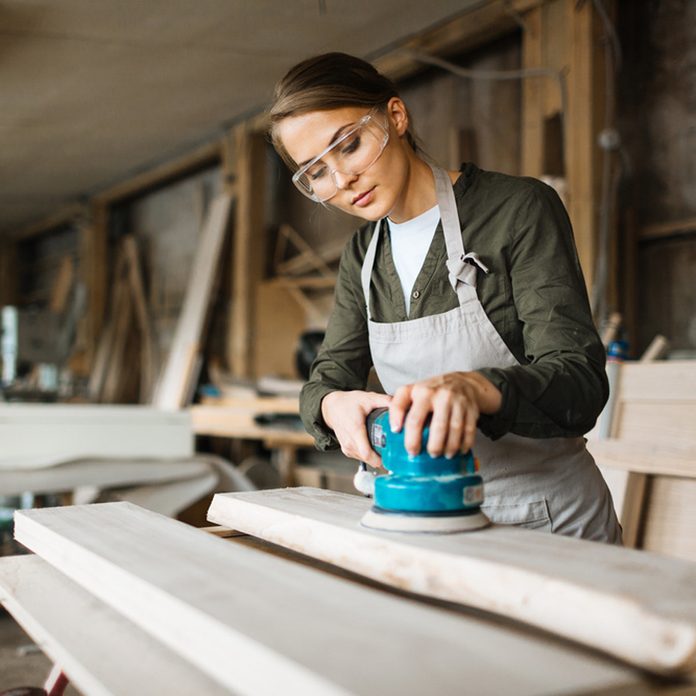
Safety Glasses
Since safety glasses are inexpensive, there’s no reason every DIYer shouldn’t have a pair. There are a variety of styles, including bifocal safety glasses. Wraparound glasses offer maximum protection and both anti-glare and tinted glasses are available. Keep a few pair around so there’s always one within reach.
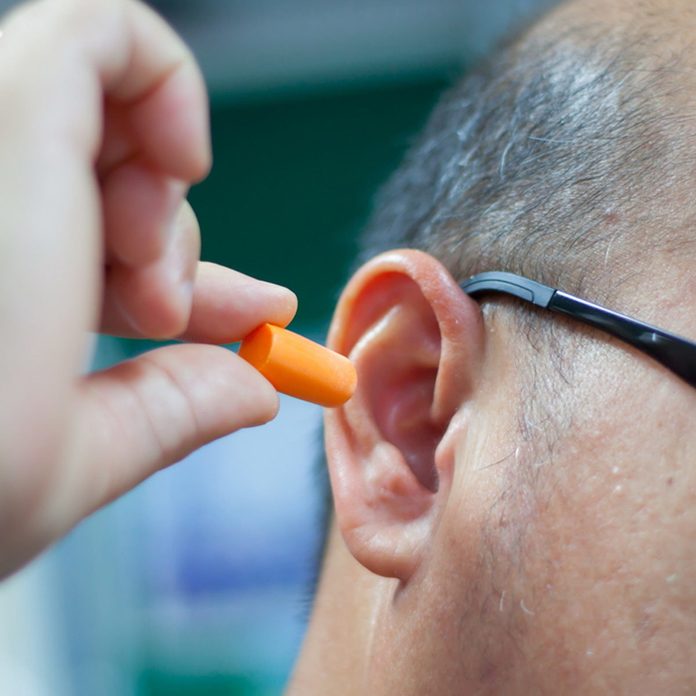
Hearing Protection
When it comes to hearing protection as part of your safety gear toolkit, earmuffs provide the most protection from loud power tools and outdoor equipment, while earplugs are less restrictive and can easily be stored in your pocket. Here are some tips to choose the best hearing protection for your needs.
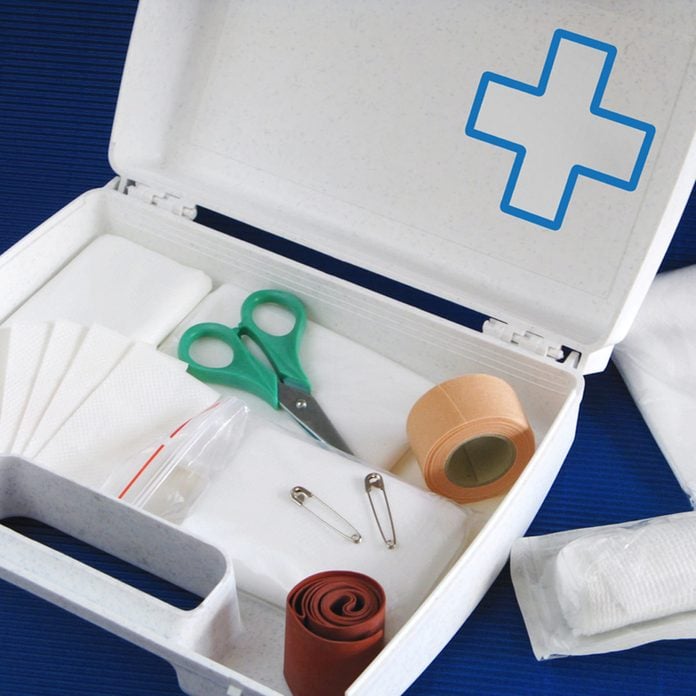
First Aid Kit
No matter how careful you are, there will likely come a time when you or someone you’re working with will need first aid during a project. Keep a kit stocked with bandages, adhesive tape, gauze and an antibiotic ointment. Make a second kit to keep in your car.
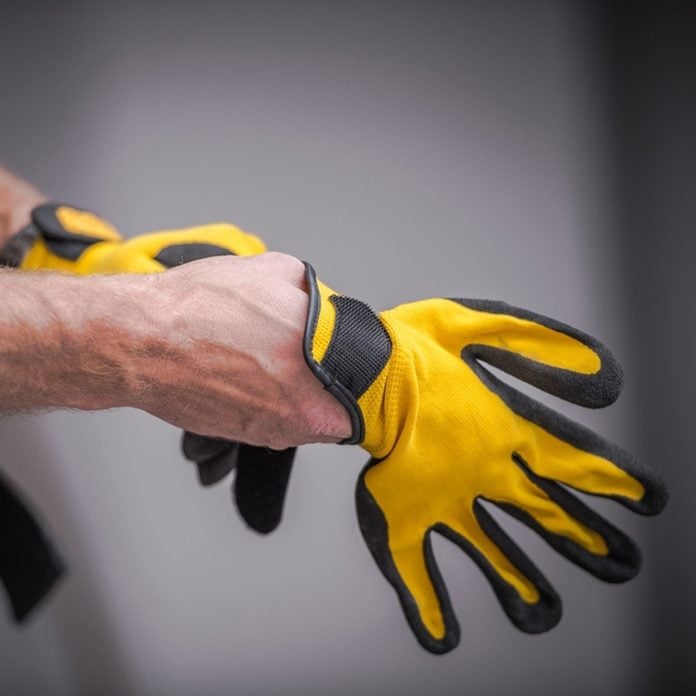
Gloves
Gloves are a must-have when it comes to safety gear, whether you’re working in the garden, on the gutters or in the garage. Disposable nitrile gloves are great for when you’re working with fluids and other caustic liquids. Leather, canvas and cloth gloves all offer plenty of protection, but should still be comfortable.
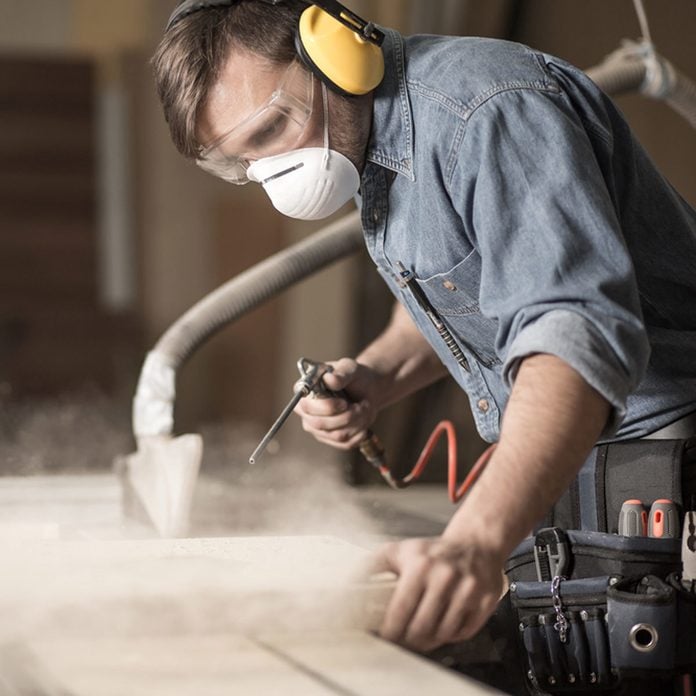
Masks and Respirators
Dust and toxic airborne particulates are often thrown into the air when doing DIY work, so at the minimum, keep a dust mask handy. Dust masks should have the N95 certification which will ensure the dust will stay out of your lungs. A respirator mask is a must-have safety precaution when you’re doing your own demolition work.

Work Boots
Work boots come in a variety of styles for just about every DIY project. Work boots will give you a sturdy, no-slip platform, but they should also be comfortable. If you need extra toe protection but don’t want the weight of steel-toed boots, look for boots with composite toe protection because they’re lighter.

Knee Pads
If you’ve done any flooring work, you know the importance of knee pads. Knee pads are a must for your basic homeowner safety gear tool kit because they’re inexpensive and provide plenty of protection and comfort when doing everything from installing hardwood to working in the garden.
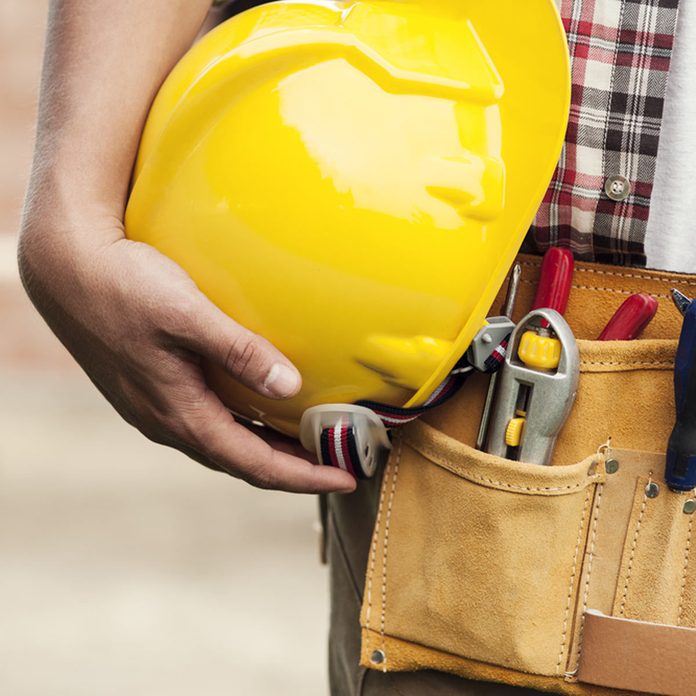
Hard Hat
Wear a hard hat or helmet to protect your head any time you’re working with heavy objects that could fall from above. A hard hat should be worn any time you’re doing any tree maintenance such as trimming or cutting.
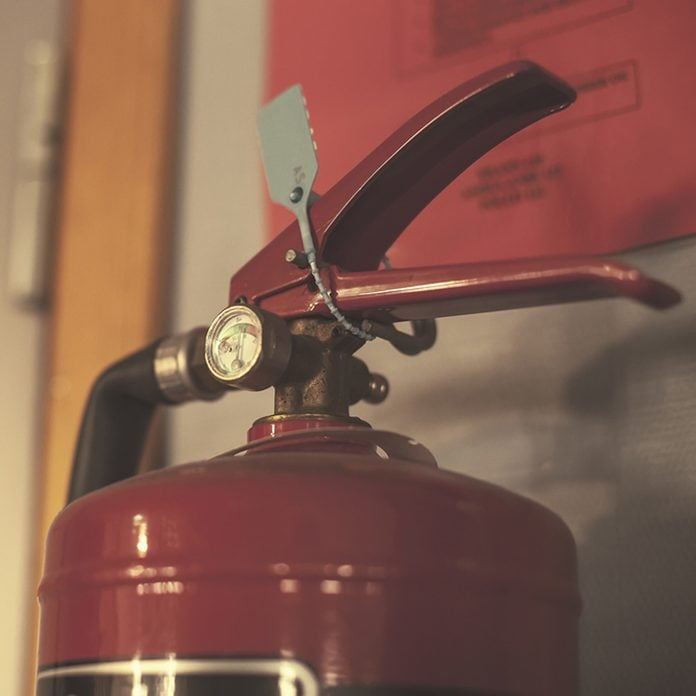
Fire Extinguisher
Every DIYer should have a fire extinguisher in the garage or workshop. A multi-purpose extinguisher is recommended by the National Fire Protection Association, as it is large enough to put out a small fire but still light enough to easily handle.

Protective Clothing
If you’re doing a project that requires the use of a chainsaw, wear protective clothing such as safety chaps. If you’re working with chemicals, wear a long-sleeved T-shirt and gloves to protect your skin. Coveralls are also an option, which will offer full-body protection from chemicals and dust.
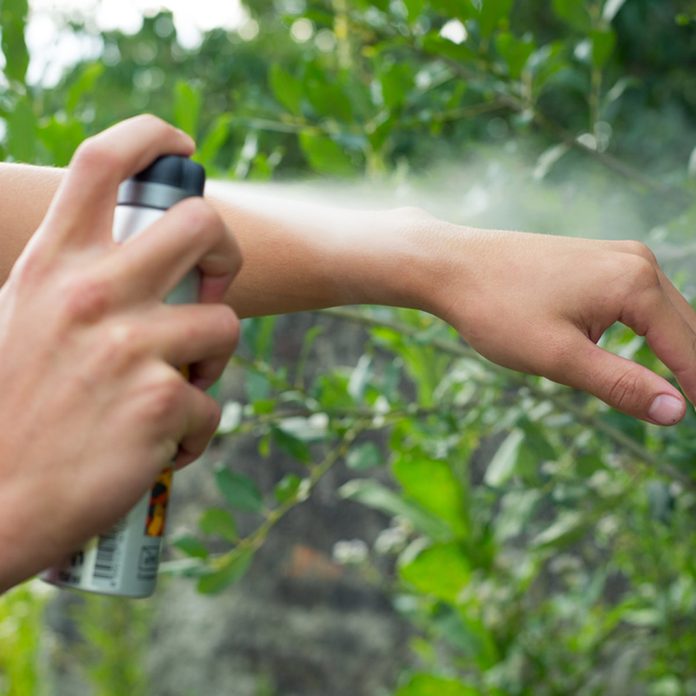
Sunscreen
If you’re a DIYer that does a lot of work outside, keep sunscreen in your toolbox or tool belt. A spray or stick sunscreen is quicker and easier to apply than lotion-based versions.
Follow these 10 summer safety tips to stay safe and cool in the sun.
